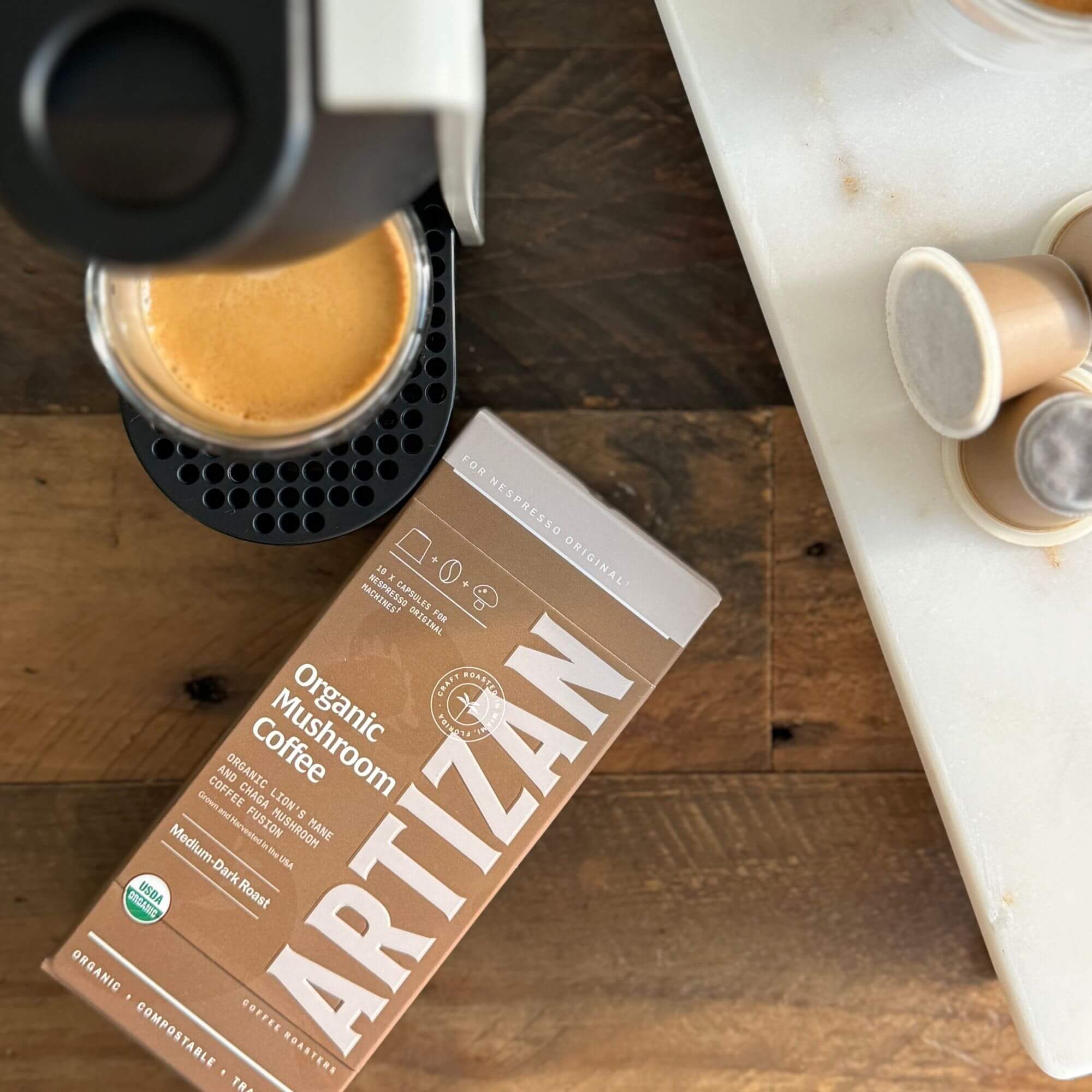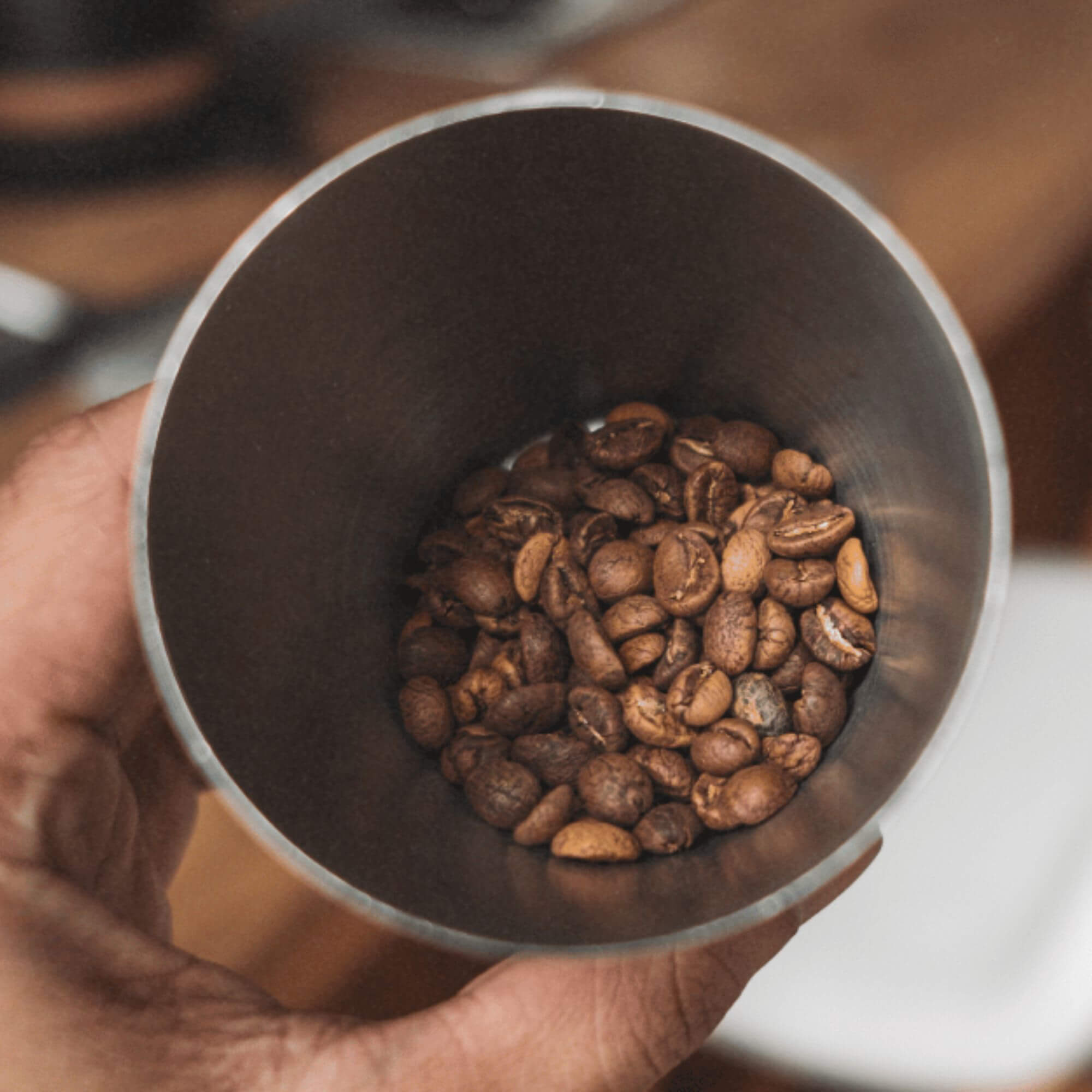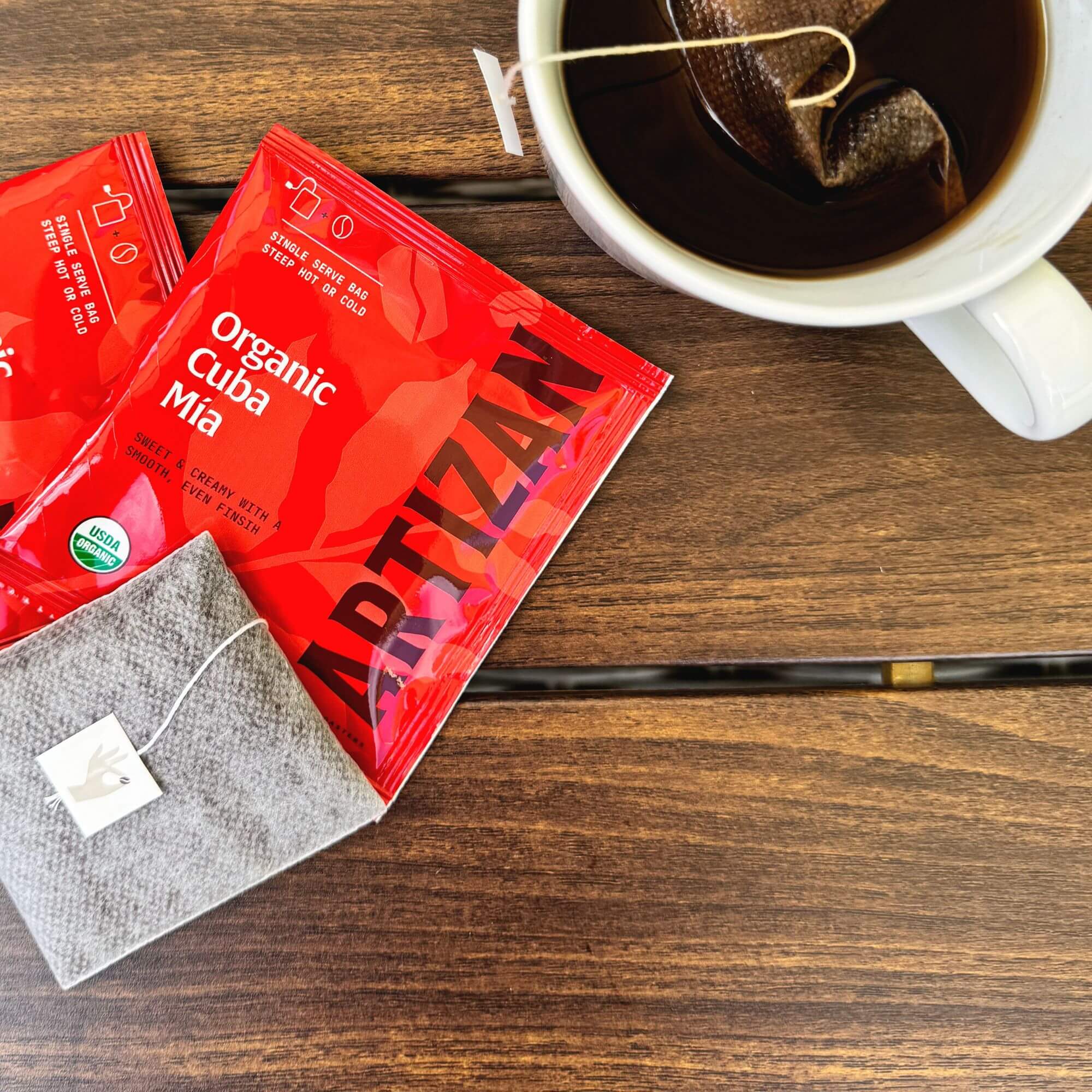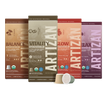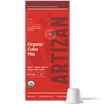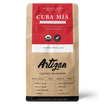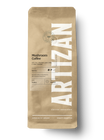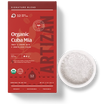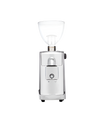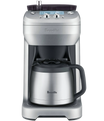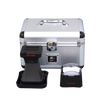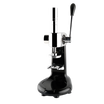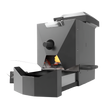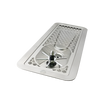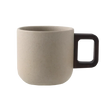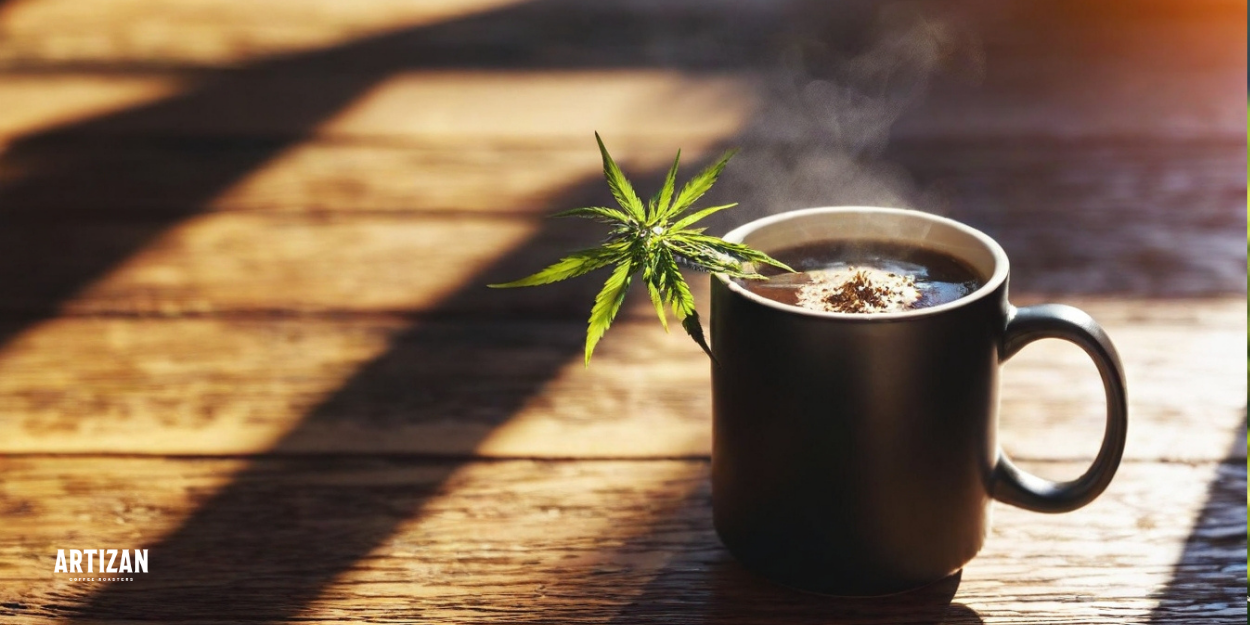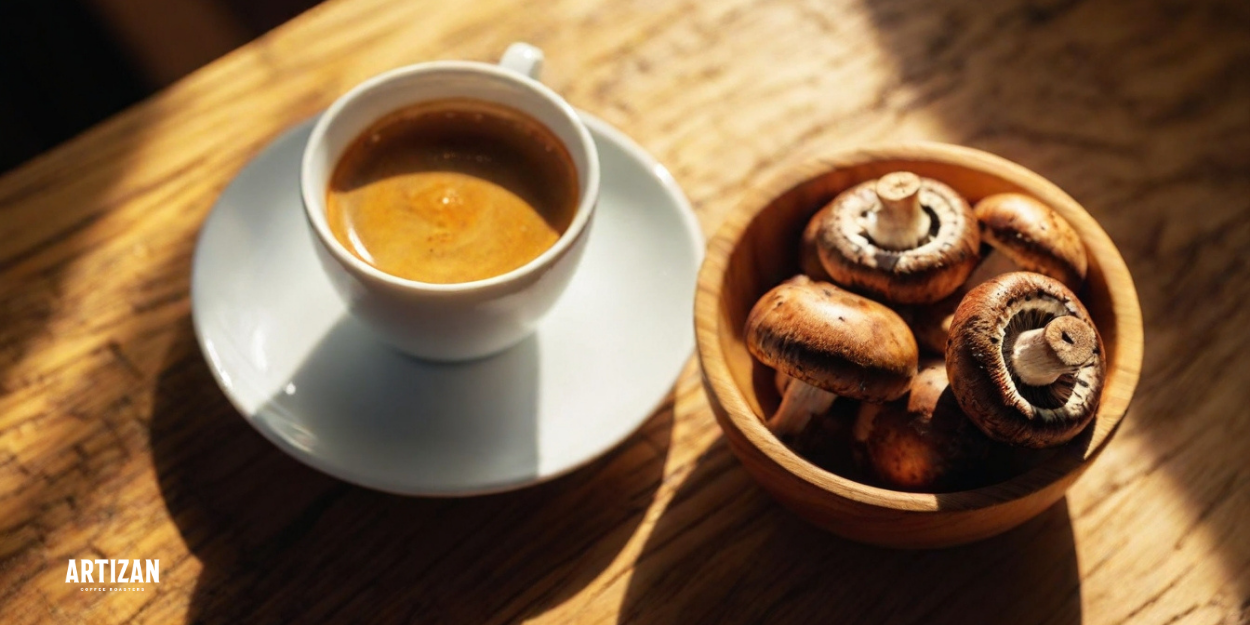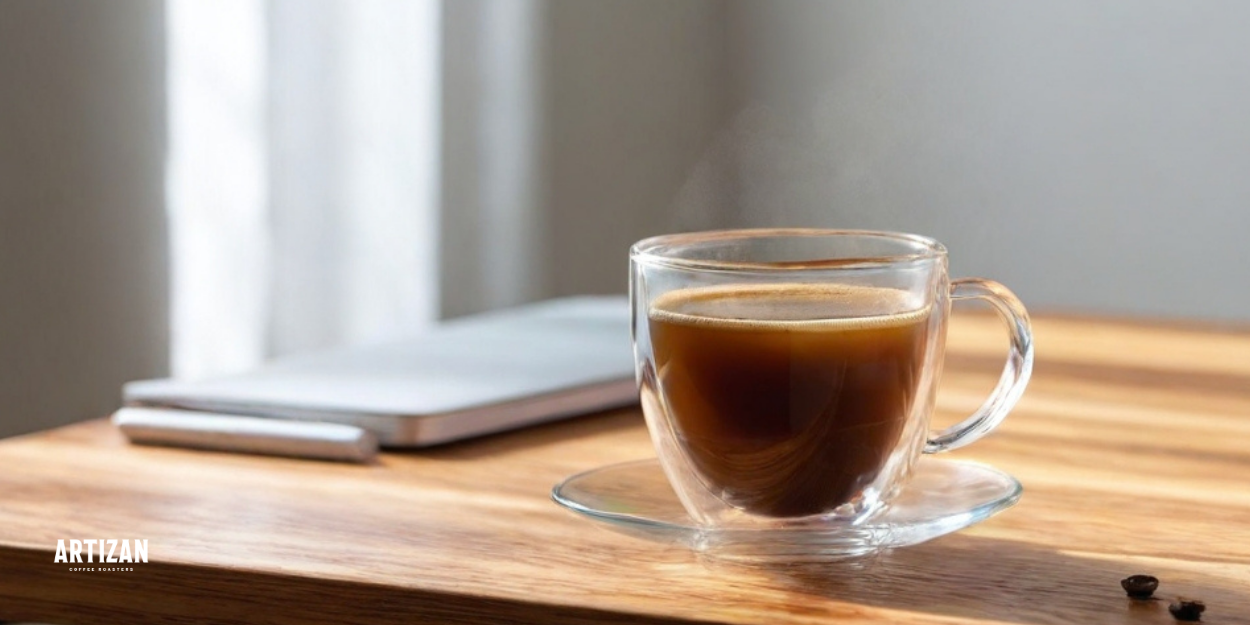Ever wondered if drinking hemp coffee could land you in legal trouble? You’re not alone. Hemp is still widely misunderstood, often lumped together with marijuana, and that confusion can make even the most health-conscious consumer hesitate.
But here’s the truth: hemp coffee is fully legal in the U.S., and there’s a good reason why. Thanks to major shifts in federal law, hemp-based products like coffee made with roasted hemp seeds or CBD-infused blends are no longer stuck in a legal gray area.
In this article, you’ll learn exactly why hemp coffee is legal, how U.S. federal and state regulations work, and what the 2018 Farm Bill has to do with your morning cup.
Why People Are Still Confused About Hemp Laws
The confusion starts with the plant itself. Hemp and marijuana both come from the Cannabis sativa species, but they’re not the same thing, legally or chemically. While marijuana contains high levels of THC (the compound that causes a high), hemp contains only trace amounts of 0.3% THC or less by law.
This small difference in THC levels is crucial because it determines whether the plant is classified as hemp or marijuana under the law. That difference might sound minor, but it means everything when it comes to how these plants are regulated.
The result? A lot of people still associate hemp with recreational drug use, even though it’s grown for industrial purposes like textiles, body care, and of course, superfood ingredients like hemp seeds. Many misunderstandings come from this overlap, causing hesitation despite hemp’s legal status and wide range of safe uses.
The 2018 Farm Bill: Hemp Goes Mainstream
The game-changer came in late 2018, when Congress passed the Agricultural Improvement Act of 2018, better known as the Farm Bill. This landmark legislation removed hemp from the list of controlled substances and gave it full legal status as an agricultural commodity.
Here’s what that means for your coffee:
-
Hemp-derived ingredients are federally legal in all 50 states, as long as they come from plants containing less than 0.3% THC.
-
Roasted hemp seeds and hemp oil used in hemp coffee, contains no THC at all, making them even further removed from any psychoactive concerns.
- This also applies to products made with broad-spectrum CBD, which contains zero THC.
Understanding CBD Regulations: What You Need to Know About CBD in Coffee

CBD (cannabidiol) has become a popular addition to coffee blends, touted for potential wellness benefits like relaxation and reduced anxiety. However, CBD regulations are complex and vary between federal and state levels, making it important to understand how this affects your cup of coffee.
Under the 2018 Farm Bill, hemp-derived CBD containing less than 0.3% THC is federally legal. However, the Food and Drug Administration (FDA) has not fully approved CBD as a food additive or dietary supplement, creating a regulatory gray area for CBD-infused beverages like coffee. This means that while hemp-derived CBD is legal, companies must navigate FDA rules and varying state laws, some of which have stricter limits or bans on CBD in food and drinks.
If you’re buying CBD coffee, look for products with transparent third-party lab testing to ensure legal THC levels and safe ingredient quality. Always check your state’s specific regulations to avoid legal issues, as some states still prohibit or regulate CBD in consumables differently.

What About State Laws? Do They All Agree?
This is where things can get a little murky. While the federal government legalized hemp, states have the authority to impose their own regulations, especially when it comes to CBD-infused products.
The good news:
Roasted hemp coffee made with seeds (not cannabinoids like CBD or THC) is not restricted by most state laws. That means if your hemp coffee comes from hemp seeds or seed oil, you don’t need to worry about any legal gray zones. You’re well within your rights to sip.
If your blend does include CBD, it’s a good idea to check your state’s specific laws. Most states allow CBD derived from hemp, but a few have additional labeling or usage rules.
Is There Any THC in Hemp Coffee?

Hemp seeds don’t contain THC or CBD naturally. Even when used whole, toasted, or ground into powder for coffee blends, the psychoactive compound isn’t present in any meaningful way. That means there’s no chance of feeling “high” from your cup or failing a drug test.
Artizan Coffee hemp coffee blends are made exclusively from roasted, organic hemp seeds and premium coffee beans, with zero added cannabinoids. So you get all the nutty, nourishing benefits of hemp without any legal concerns or psychoactive effects.
If you're exploring CBD-infused options, some trace cannabinoids may be present, but they’re typically non-psychoactive and remain under the federal legal threshold. Reputable brands will always provide lab-tested transparency to ensure you know exactly what’s in your cup.
A 2019 study published in the Journal of Food Science and Technology analyzed hemp seed products and found that THC levels were negligible, far below the psychoactive threshold, confirming that consuming hemp seed-based foods, including coffee blends does not produce intoxicating effects or interfere with drug testing
The Difference Between Hemp Seed Oil and CBD Oil in Coffee
Hemp seed oil and CBD oil are often confused, but they come from different parts of the hemp plant and have distinct properties, especially when used in coffee. Hemp seed oil is extracted from the seeds of the hemp plant. It contains no cannabinoids like THC or CBD, making it completely non-psychoactive and legal nationwide.
Hemp seed oil is prized for its rich nutrient profile, including omega-3 and omega-6 fatty acids, antioxidants, and essential minerals, which can add subtle, nutty flavors and health benefits to coffee blends.
On the other hand, CBD oil is derived from the flowers, leaves, and stalks of the hemp plant, where cannabinoids like cannabidiol (CBD) are concentrated.
CBD oil may contain trace amounts of THC (below 0.3% to comply with legal limits) and is often used for its potential calming and therapeutic effects. Because of its cannabinoid content, CBD oil is subject to more regulation and requires clear labeling and lab testing to ensure safety and compliance.
So is Hemp Coffee really Legal and Worth Trying?
Yes.
You don’t have to worry about getting in trouble, or getting high when drinking hemp coffee. Thanks to the 2018 Farm Bill and strict THC limits, hemp-based products like roasted seed coffee are legal in all 50 states and safe to enjoy daily.
Whether you're drawn to hemp coffee for its health benefits, smoother taste, or sustainability, it’s a smart and legal upgrade to your usual cup. Just make sure you choose a reputable brand that clearly outlines its sourcing and testing practices.
Want to Try Hemp Coffee the Right Way?
At Artizan Coffee, we craft our organic hemp coffee blends using USDA-certified, THC-free hemp seeds and specialty-grade organic beans, no gimmicks, just clean ingredients.
Available in whole bean, ground, and home-compostable pods for ESE and Nespresso® machines.


